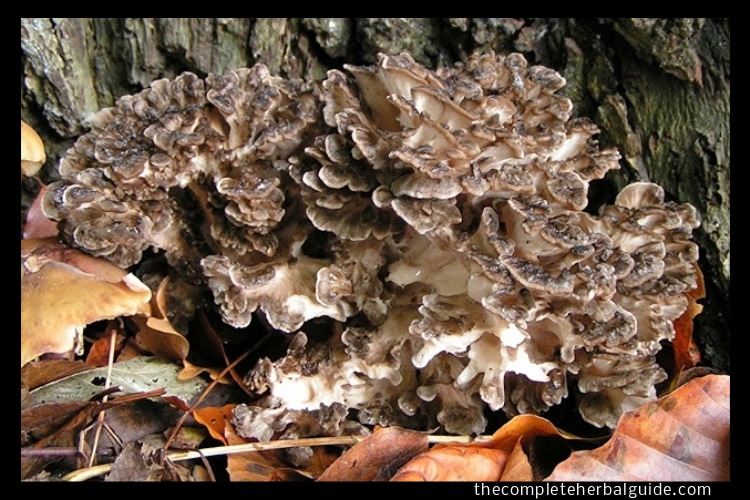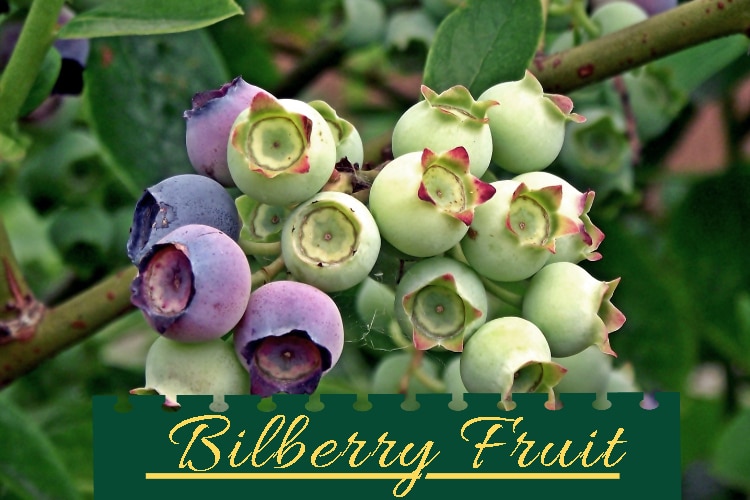
Top 11 Conditions Passionflower Can Heal
Passionflower or Passiflora incarnata is a great herb used traditionally for various disorders. Used for anxiety, as a sedative, for high blood pressure and nervous heart, insomnia, during female hormonal transitions, in performance anxiety or an annoying cough and many other conditions. This herb gained importance in the mid-nineteenth century when L. Phare introduced it into Western Medicine in 1840. Passiflora incarnata is in use both as an edible and for medicinal purposes. Used for slightly different purposes in different countries.
Table of Contents
- Edible Fruit of Passionflower
- Medicinal Uses of Passionflower Geriatric and pediatric insomnia
- As A Mild Sedative
- Heart
- Hormonal Transition or Adjustment Periods
- Respiratory Troubles
- Stomach and Intestine
- Brain and Nerves
- For Deaddiction
- Passionflower as an Aphrodisiac
- For Infections and Inflammations
- Topical Application of Passionflower
Edible Fruit of Passionflower
It is cultivated and enjoyed by all rainforest inhabitants. The yellow gelatinous pulp of the fruit is eaten out of hand. The pulp can be mixed with water and sugar to make drinks, jams, jellies, sherbets, and even salad dressings.
Medicinal Uses of Passionflower Geriatric and pediatric insomnia
Sleeplessness of infants and children respond well to this herb. Old persons whose insomnia is due to excessive worries and mental labor get good benefit from this herb.
As A Mild Sedative
Passionflower is a mild sedative. This action is useful in hysteria, delirium, agitation, nervine, nervousness, restlessness, anxiety. Nervous and hyperactive children respond well to this botanical. It offers benefit in the concentration problems. The power of focusing attention is enhanced.
Heart
Cardiovascular neuroses are the condition of stress and anxiety when one feels great worry for one’s health. It might be accompanied by sweating, palpitation. This condition responds favorably to Passionflower. Used in high blood pressure especially when nervous anxiety or agitation of mind is felt.
Hormonal Transition or Adjustment Periods
In females especially, there are periods of hormonal adjustments or transition during the onset of menstrual cycle around puberty and later when menstrual cycle stops around the menopause period. Other times are during parturition or giving birth to baby, pregnancy, breastfeeding. All these periods are associated with some psychological element as well. Passionflower offers its great service with its passion for maternity and female sex!
Respiratory Troubles
It eases the expectoration that is why it is of use in bronchial asthma, whooping cough, cough when sputum does not come out easily. It can help an annoying and irritable cough.
Stomach and Intestine
Nervous stomach and discomfort of stomach and intestine respond well. This botanical also exerts an anti-spasmodic effect. As a vermifuge, it expels the worms out.
Brain and Nerves
Neuralgia or nerve pains, headaches, and general pain respond favorably to this herb. It is said to be strengthening for our nerves. It might exert its positive effect as anti-convulsant and thus be helpful in seizures.
For Deaddiction
Native people do use it for deaddiction especially for the addiction to drugs and alcohol. It helps the addicted persons to get freedom from the anxiety or restlessness that one normally feels when one does not take the next usual serving of alcohol or drugs.
Passionflower as an Aphrodisiac
This botanical can alleviate the sex related anxiety. We call it performance anxiety. This is usually felt when one begins to have sex and under those conditions when one’s mind is not settled for sex like extra-marital affairs or teen sex.
For Infections and Inflammations
This botanical exerts anti-inflammatory action is useful in bacterial infections. Some persons recommend it for Epstein Barr Virus.
Topical Application of Passionflower
It is applied locally over the skin in burns, anti-wrinkle creams, hemorrhoidal inflammation, bruises, headaches, and general pain.






